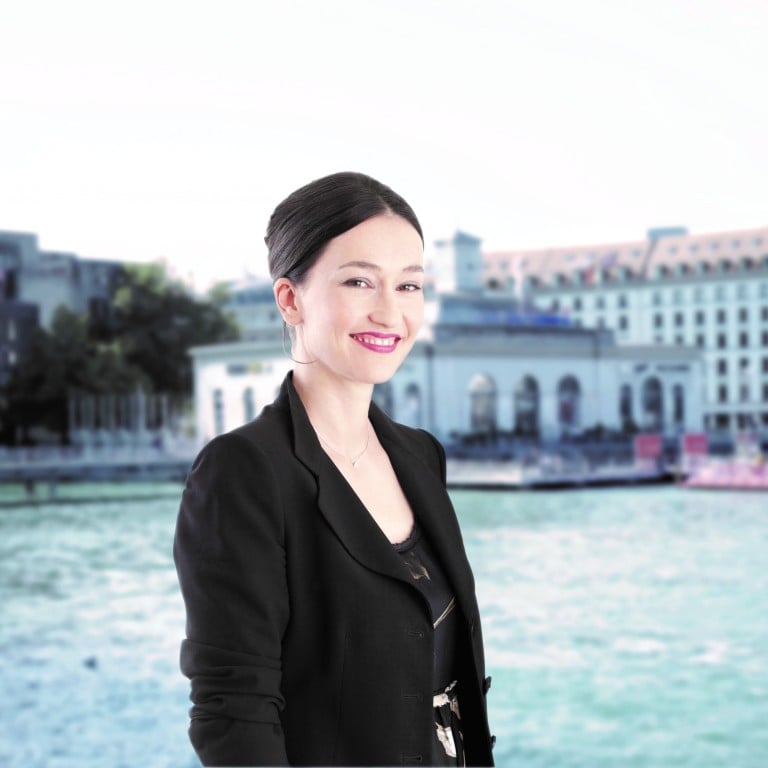Meet the woman behind ‘the Oscars of watchmaking’: director Carine Maillard on the GPHG’s journey to global recognition, celebrating the pinnacle of horological art

She was originally more invested in the art world, having studied Chinese art and medicine, but working in museums led her to the world of watchmaking
Over the past 23 years, the Grand Prix d’Horlogerie de Genève (GPHG) – supported not just by leading brands and watchmakers but luminaries across all sectors – has striven to celebrate the best in watchmaking. From its humble winning line-up of six watches in 2001, the GPHG grew to become a public interest foundation in 2011. It now comprises an academy of by-invite-only professionals across all segments of the industry: watchmakers, executives, retailers, journalists and more.

Each year ahead of the GPHG awards, the nominated watches are toured around the world; this year, their first stop was in Hong Kong. On display were 90 watches nominated across 15 categories, with a total of 21 awards up for grabs – one in each category, plus several overall awards including the Aiguille d’Or (Watch of the Year) and Special Jury Prize for a “personality, institution or initiative that has played a fundamental role in promoting high-quality watchmaking”.
At the helm of these initiatives is Carine Maillard, the head of Fondation du GPHG (the GPHG Foundation), who was in Hong Kong with the timepieces for the tour’s first stop. Born and raised in Switzerland, Maillard was originally more invested in the art world, having studied Chinese art and medicine.

“At first, I was very much interested in Asian art,” she says. “Little by little, working in museums, I discovered the world of watchmaking. I wanted to organise exhibitions to show art to people because I think art is so important.”
Her passion for such projects translated well to high horology when she joined the late Carlo Lamprecht, a former Geneva state councillor, in starting the GPHG Foundation in 2011. Before then, the awards were a private initiative run by a group of journalists, she explains.
“It was a great opportunity. I could really take something from the beginning and create, and art is about creating something,” Maillard says, adding that the aim was to create something akin to the Oscars of watchmaking. “Watchmakers are artists most of the time,” she opines.

Maillard points to the sprawling diversity of watch design on show at the annual awards. “You have watches for everybody … for if you like a very sober design, or if you like something with butterflies and flowers, or if you like a good story or technical achievement.”
The need to properly represent that diversity manifests in changing categories each year. The Time Only category was introduced this year to celebrate pieces less focused on complications and jewellery and more on design around a traditional three-hand watch face.